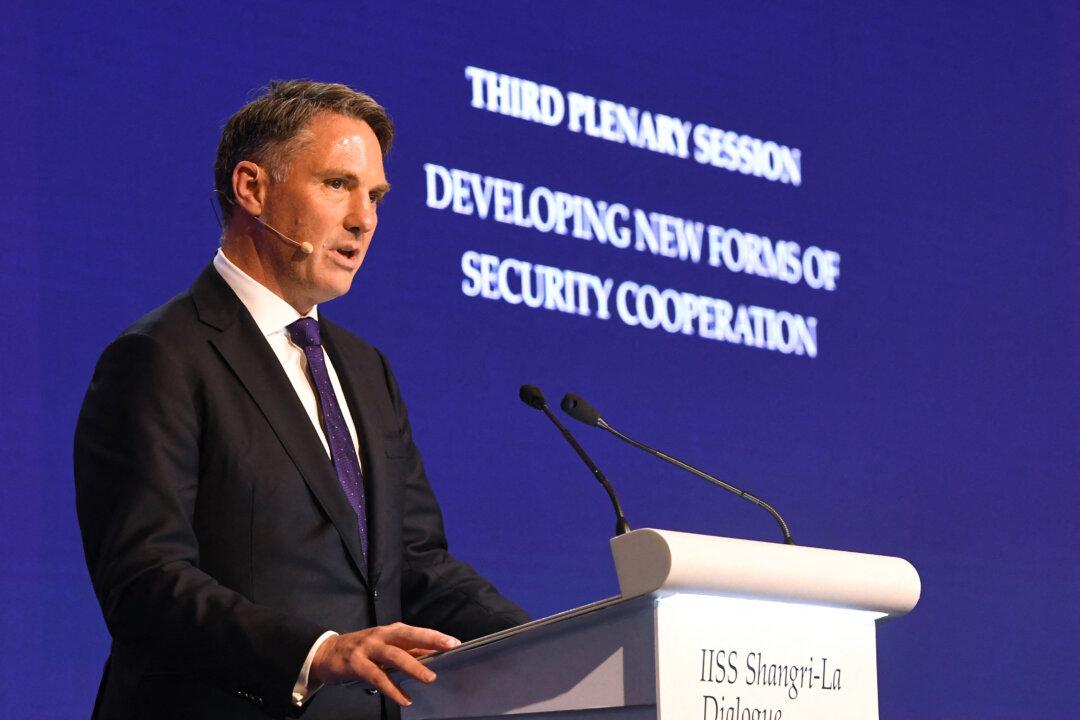Australia is open to further diplomatic meetings with Beijing, with Deputy Prime Minister Richard Marles indicating the door was still open to more discussions.
Marles said there was a long way to go before regular communication with China restarted, but noted that resumption of ministerial talks was an important first step.





